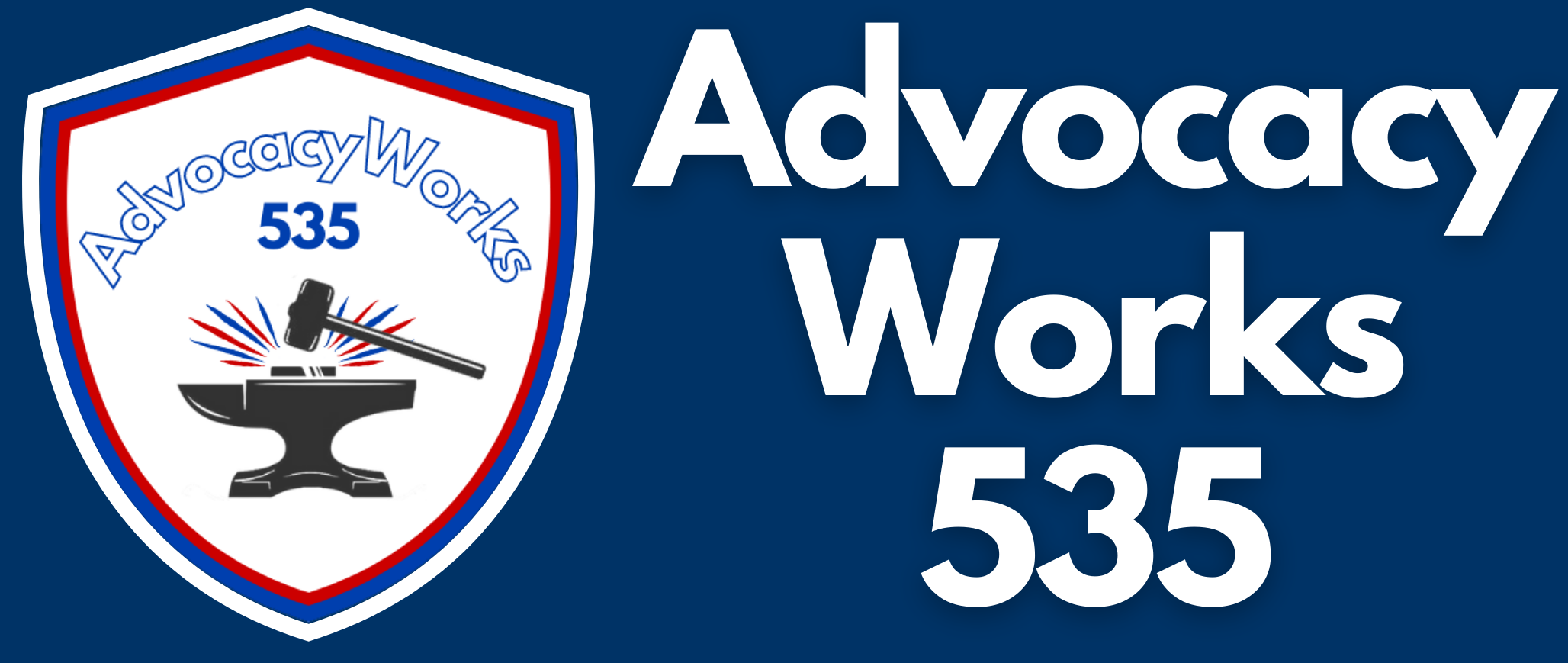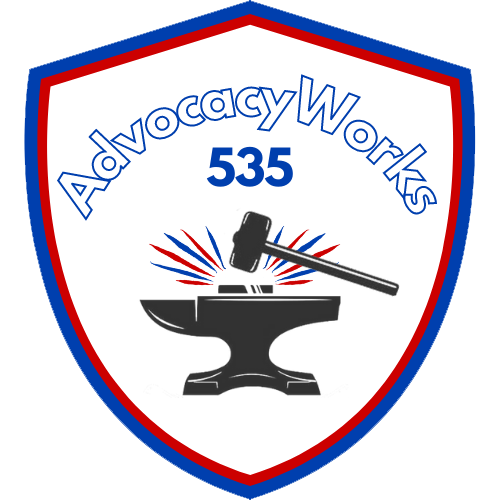If the 118th Congress' first week is any indication, 2023 and 2024 are going to be tough sledding. Even though House Republicans finally solved their leadership question (for now), partisan fights over raising the debt limit, passing a budget, etc. promise to limit opportunities to advance less contentious legislation.
Of course, there will be exceptions, but meaningful opportunities to advance your legislative priorities are likely to be slim to none. That’s the bad news. But consider this. Someone once told me, “The worst time to coach players is when they are on the field.” If your advocates are going to have a long wait before Congress starts considering your legislative priorities, why not take advantage of the opportunity to get them ready for that momentous day? Here’s how.
Moneyball Advocacy
If you know the 2011 film, Moneyball, feel free to skip ahead. For those who don’t, it’s a story about the Oakland A’s general manager, Billy Beane. His challenge is how to overcome his team’s budget challenges to compete with big-budget teams like the New York Yankees. He meets a Yale economics graduate, Peter Brand, who convinces him that homerun hitters are overvalued. What players are undervalued? Those who get on base. Beane rolls the dice by trading off his big-name players to field a team of players who consistently get on base. (Watch the film if you want to find out how it turns out.)
So how can advocacy organizations apply the lessons learned from Moneyball to their advocacy?
Scout your network for advocates who can get on base: You likely can name several of your organization’s best (homerun hitting) advocates off the top of your head. But can you name your base-hit advocates? They are likely hiding in plain sight. Take a Moneyball approach to find them by mining your grassroots database, looking for advocates who have taken the action requested in at least 2 recent campaigns. Offer them opportunities to engage in advocacy tactics that are more effective than sending a form email. (Personalized messages, in-district events, letters to the editor, digestible advocacy trainings… whatever you can do AND TRACK.) Pay attention to who takes those more effective actions. Those are your base-hit advocates.
Send your recruits to training camp: Advocacy training can be done in countless ways. Yes, a handful of organizations have the resources to spend tens of thousands of dollars to conduct condensed and intense in-person advocacy academies. But most don’t. The good news is that there are many ways to train advocates without breaking the budget. The important thing is to take advantage of the time you have “off the field” to get your grassroots advocacy team ready for game day (whenever that day comes).
Intrigued, but not sure how to start?
AdvocacyWorks 535 was founded on the belief that advocacy networks aren’t organic – they are FORGED. Unfortunately, most advocacy organizations don’t have the resources to focus on forging their networks. Let’s talk about how AdvocacyWorks 535 can help. Since AdvocacyWorks 535 was launched just one year ago, it has worked with several clients on a diverse range of projects. These include the following.
- Developing case studies and and producing videos about grassroots advocates' advocacy best practices
Assessing and aligning an organization's policy priorities and its staff's capacity to achieve its policy goals - Developing strategies and metrics to identify an organization's base-hitting advocates
- Assessing and streamlining an organization's CMS platform (Salesforce) and cleaning and updating its grassroots advocacy data
Contact us to schedule a time to discuss your advocacy needs.







